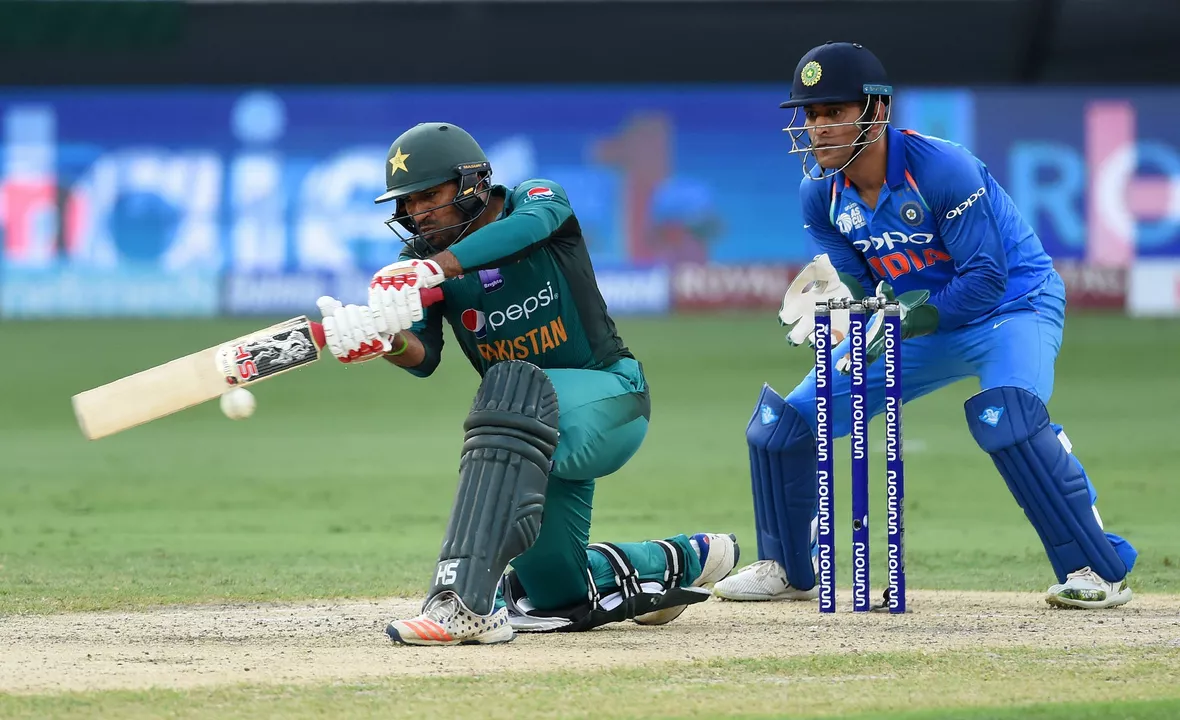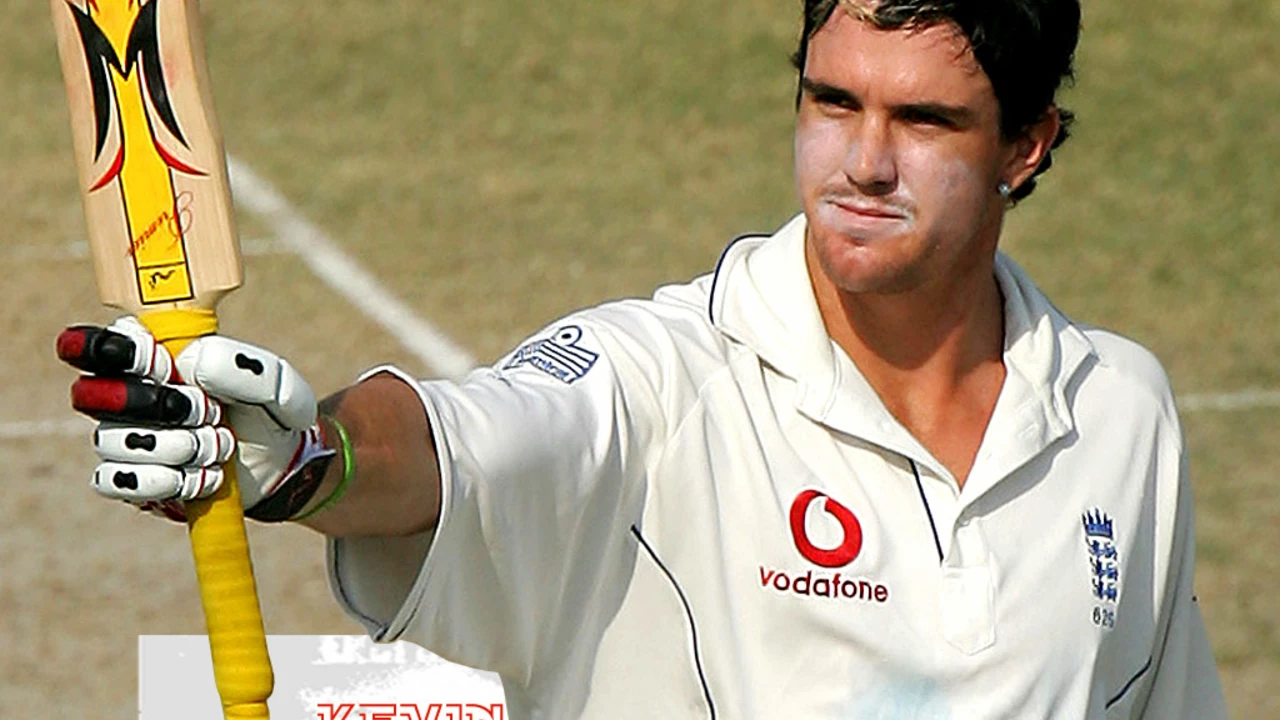Introduction to the ICC Cricket World Cup
The ICC Cricket World Cup is an international cricket championship tournament that takes place every four years. It is one of the most prestigious and highly anticipated events in the world of cricket. In this article, we will delve into the reasons behind holding the tournament every four years, and what makes it such a significant event in the cricketing world.
History and Evolution of the ICC Cricket World Cup
The first Cricket World Cup took place in 1975 in England, and it was an instant hit among cricket fans. Although cricket had been popular for many years, the idea of a World Cup tournament was quite new and exciting. Over the years, the event has grown in stature and now features teams from all corners of the globe. With each edition, the tournament has evolved and expanded, creating unforgettable moments and thrilling matches that have kept fans enthralled.
Comparisons to Other Major Sports Events
One of the reasons the ICC Cricket World Cup is held every four years is to maintain its prestige and significance in the world of sports. Similar to the FIFA World Cup in football and the Olympic Games, the Cricket World Cup is an event that captures the attention of sports enthusiasts worldwide. Holding it every four years ensures that it remains a special and highly anticipated event, allowing enough time for the excitement and anticipation to build between tournaments.
Allowing Time for Teams to Prepare and Qualify
Another reason the Cricket World Cup is held every four years is to provide sufficient time for teams to prepare and qualify for the event. Cricket is a physically and mentally demanding sport, and players need ample time to hone their skills and develop as a team. The four-year gap between World Cups allows teams to participate in various regional and international tournaments, which serve as crucial preparation for the main event.
The Qualification Process
In the years leading up to the World Cup, teams participate in a series of qualification tournaments to secure their spot in the main event. This process ensures that only the best teams compete in the World Cup, making it a truly elite competition. The qualification process is rigorous and lengthy, and the four-year gap between tournaments provides ample time for teams to battle it out for a place in the prestigious event.
Economic Factors and Revenue Generation
Organizing and hosting the ICC Cricket World Cup requires significant financial resources. The four-year gap between tournaments allows the International Cricket Council (ICC) and host nations to generate the necessary funds to successfully stage the event. This includes securing sponsorships, selling broadcasting rights, and ticket sales. The time in between tournaments also allows for the development of infrastructure, such as stadiums and training facilities, which are crucial to hosting a successful World Cup.
Impact on Player Careers and Team Development
A four-year gap between World Cups also has a significant impact on the careers of cricket players and the development of national teams. Players have the opportunity to make their mark on the international stage and potentially secure lucrative contracts with domestic and international teams. The World Cup serves as a platform for players to showcase their talent and establish themselves as household names within the sport.
Fan Engagement and Growing the Sport
Finally, the four-year gap between ICC Cricket World Cups allows time for fan engagement and the growth of the sport. In the lead-up to each tournament, excitement builds, and fans eagerly await the spectacle of the world's best cricket teams and players battling it out for the ultimate prize. This anticipation creates a buzz around the sport, attracting new fans and generating interest in cricket across the globe.
Conclusion
In conclusion, the ICC Cricket World Cup is held every four years for a variety of reasons, including maintaining its prestige, allowing time for teams to prepare and qualify, generating revenue, and promoting player careers and team development. The four-year gap between tournaments helps ensure that the World Cup remains a highly anticipated and significant event in the world of cricket.

